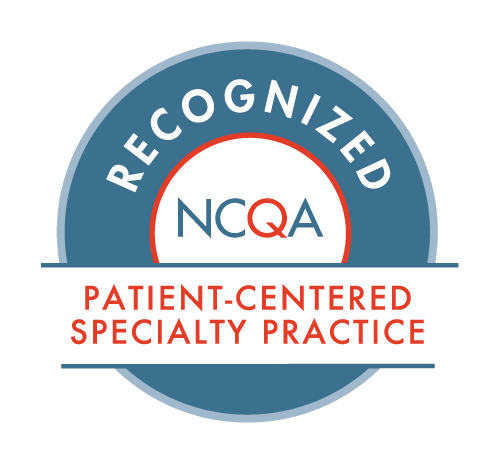Cardiologist and Electrophysiologist: What’s the Difference?
- Posted on: Sep 10 2021
The heart is often referred to as a plumbing system. It is a muscle that acts like a pump, pushing blood through your arteries and veins (think piping). This function is controlled by an electrical system which synchronizes signals and tells your heart to contract. These two systems work together to keep you alive, and while they both involve the heart, they involve two different specialties in medicine: cardiology and electrophysiology. It’s important to know the difference when it comes to your heart health.
What Is a Cardiologist?
Cardiologists focus on the mechanical function of the heart. They study the health of the heart muscle and vascular system, which includes the arteries and blood vessels. Cardiologists also educate patients on creating habits that promote a healthy heart.
What Does a Cardiologist Do?
A cardiologist treats patients in a hospital, private practice, or university setting. They treat common heart issues like heart attacks, heart failure, coronary artery disease, heart and vascular disease, and congenital heart defects. Reasons to see a cardiologist include:
- Heart pain, chest tightness, or chest pain – Chest tightness has often been described as an ache or heaviness in the chest. It can indicate congestive heart failure or coronary heart disease.
- A family history of heart disease – If a family member has experienced heart disease or had a heart attack, your risk is higher and a preventative discussion with a cardiologist could be a proactive step.
- A recommendation from another physician – A doctor’s referral to a cardiologist should be taken very seriously.
Starting a new exercise program after age 40 – Engagement in moderate or intense physical activity can cause a slightly increased risk of cardiac complications.
What Is an Electrophysiologist?
Electrophysiologists focus on the electrical system of the heart. While the heart muscle pumps blood into the arteries, it relies on its electrical system to cause it to pump. Issues with the electrical signals to the heart can cause complications in the heart’s rhythms. Electrophysiologists study and treat these irregular heart rhythms, often referred to as arrhythmias. They are trained to conduct highly specialized tests and procedures to treat those conditions and may also prescribe medication or educate patients on having a healthy lifestyle.
What Does an Electrophysiologist Do?
Often referred to as EPs, electrophysiologists work at a hospital or large cardiac practice where they test for, diagnose, and treat abnormal heart rhythms such as cardiac arrest, bradycardia, tachycardia, and atrial fibrillation. A cardiologist or primary care physician may refer a patient to see an electrophysiologist if the patient:
- Has abnormal heart rhythms
- Has an upcoming heart surgery
- Is at risk of sudden cardiac death
- Might benefit from an implantable cardiac defibrillator (ICD) or pacemaker
- Is undergoing cardiac ablation, a procedure that creates scar tissue in the heart to attempt to block out erratic signals
- Experiences syncope, a sudden loss of consciousness
The Center for Atrial Fibrillation and Electrophysiology
Hunterdon Cardiovascular Associates has a dedicated center for treating patients with arrhythmias and other conditions treated by electrophysiologists. The Center for Atrial Fibrillation and Electrophysiology provides patients with state-of-the-art arrhythmia diagnosis tests and treatments to provide personalized care centered around you.
It’s never too late to take charge of your heart health. Hunterdon Cardiovascular Associates’ expert team of cardiologists and electrophysiologists are proud to provide the highest quality of comprehensive care in an environment that centers around our patients. To schedule a consultation with one of our specialists, please contact us today.
Posted in: Uncategorized



